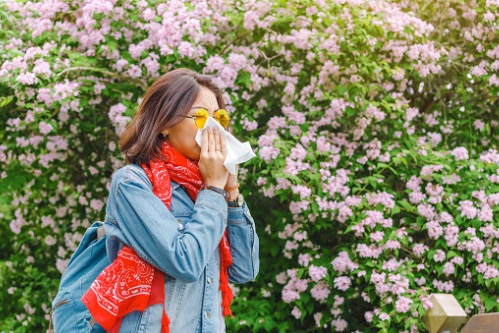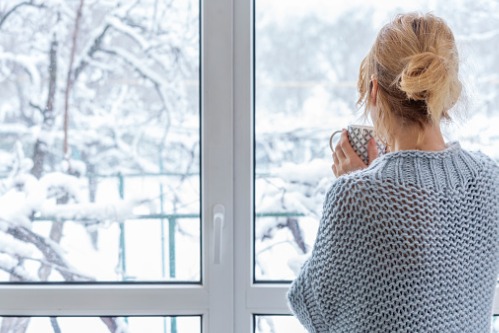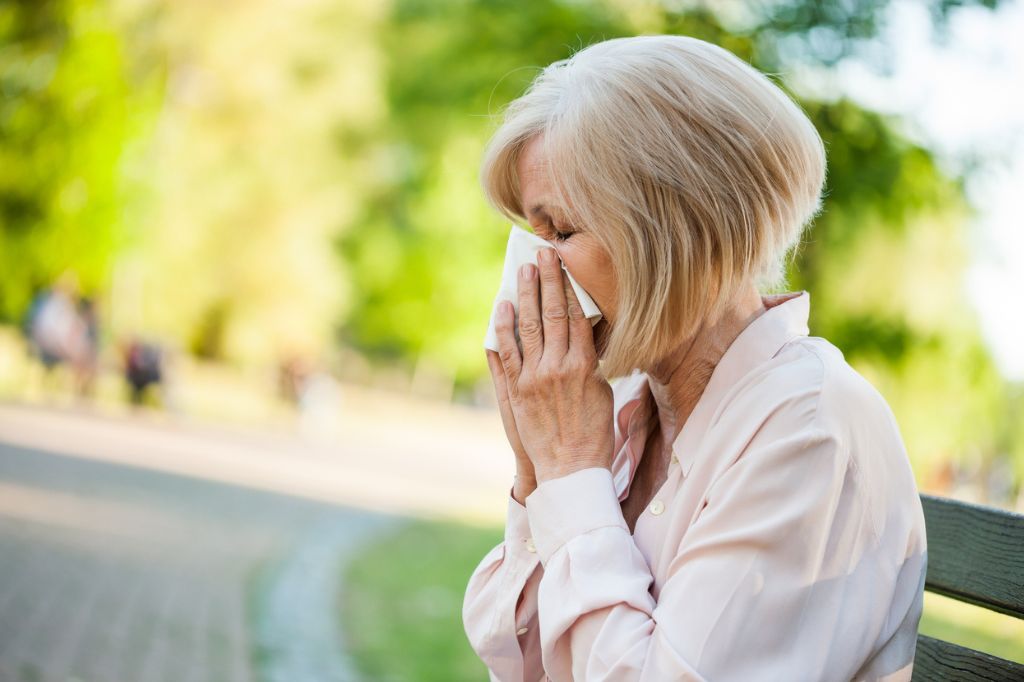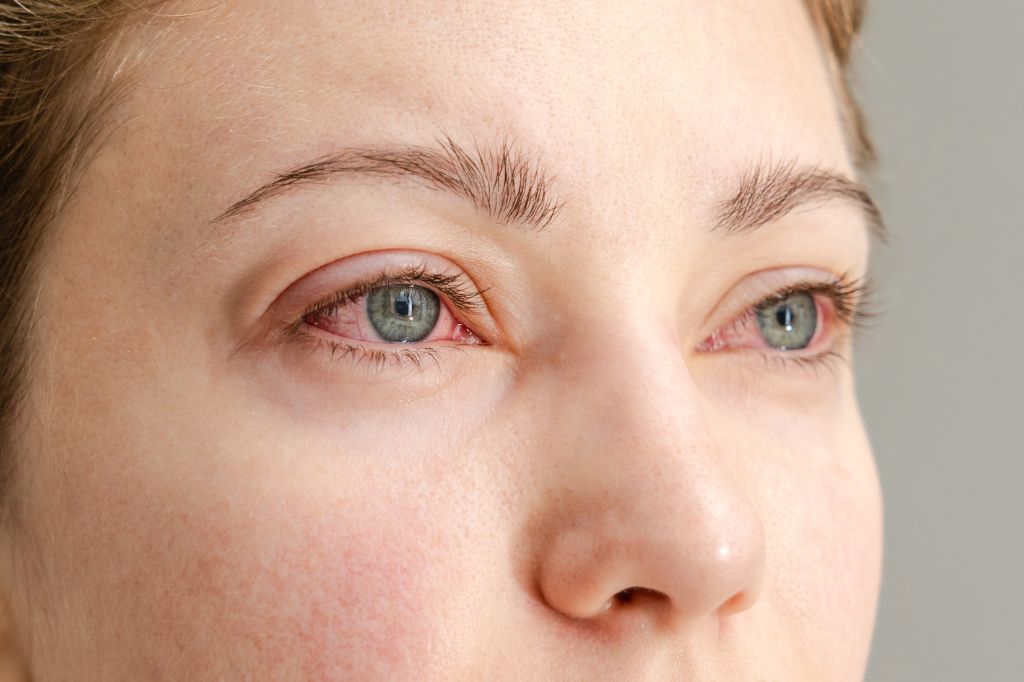
5 Tips to Get Ahead of Spring Allergies
For some, spring is a time to enjoy the warm weather and smell the flowers. However, for allergy sufferers, going outside when spring has sprung is the last thing they want to do. Those with springtime allergies are usually allergic to the pollen released by trees, grasses and weeds. Spring allergies can be annoying and cause several symptoms, such as sinus congestion, post-nasal drip, sneezing, coughing, and itchy or watery eyes.
To avoid these dreadful symptoms that come with the new season, try these five tips to get ahead of your spring allergies.
Start tracking the pollen levels
Tracking the pollen levels can help you minimize your pollen exposure and reduce your allergy symptoms. Pollen count is a measurement of the number of grains of pollen in a cubic meter of the air. When the pollen count is high, the greater the chance that you may experience symptoms when outdoors.
You can check your local pollen forecast online. If the pollen count is too high, plan to spend less time outdoors. Pollen counts usually rise during the morning, peak around midday, and then gradually fall during the evening.
Keep your windows closed
After months of having the heat on blast and keeping the windows sealed tight, you may be tempted to open your windows when spring comes around. However, doing so may welcome a nighttime stuffy nose and other common allergy symptoms.
If you suffer from spring allergies, it is best to keep your windows and doors closed to avoid pollen coming into your home. This doesn’t mean you can’t enjoy the beautiful outdoors though, just plan ahead and make sure you check the pollen count and always shower before you crawl onto the couch or in bed.
Rinse off after outdoor activity
When you get home from spending time outdoors, take off your shoes immediately to avoid tracking pollen into your home. You’ll also want to shower to rinse away any pollen that may be clinging onto your skin or hair. Doing this after outdoor activity is an easy and effective way to protect yourself from those aggravating allergy symptoms.
Get ahead with spring cleaning
When your home is closed off during the winter months, dust settles and mold and mildew can become a problem quickly. Deep cleaning your home can help reduce allergens and germs and give your home a fresh start for the new season.
Start your allergy medications now
If you know that the spring season causes your allergy symptoms to take off, you may want to start taking a daily allergy medicine ahead of time. According to ACAAI, if you begin your allergy medications before the worst symptoms hit this spring, your suffering won’t be as bad. It is best to start taking your allergy medication two to three weeks before your symptoms usually start in the springtime.
Contact us
At Northeast Allergy, Asthma & Immunology, we can discover hidden allergens and provide additional treatments, including immunotherapy, to help you feel your best this spring season. Contact Northeast Allergy, Asthma & Immunology today to schedule your appointment.



